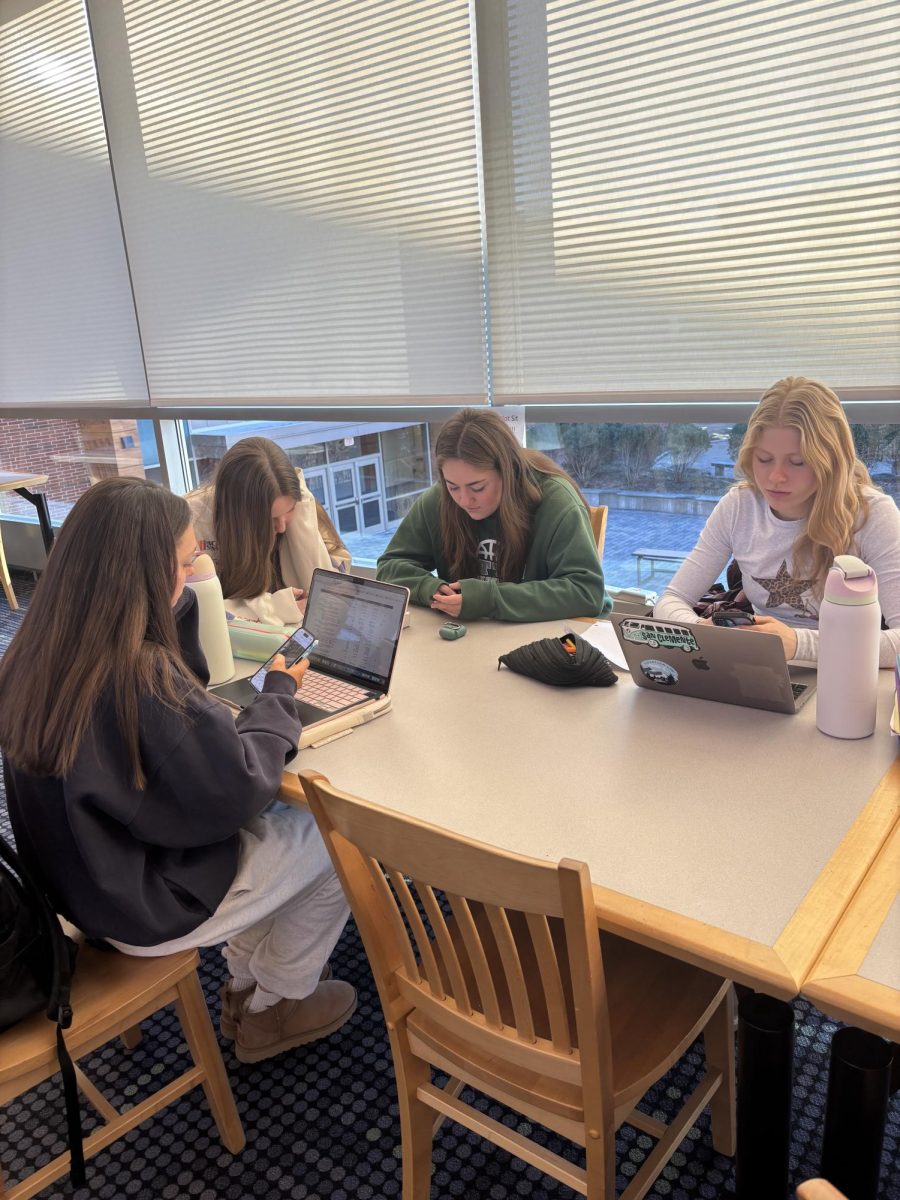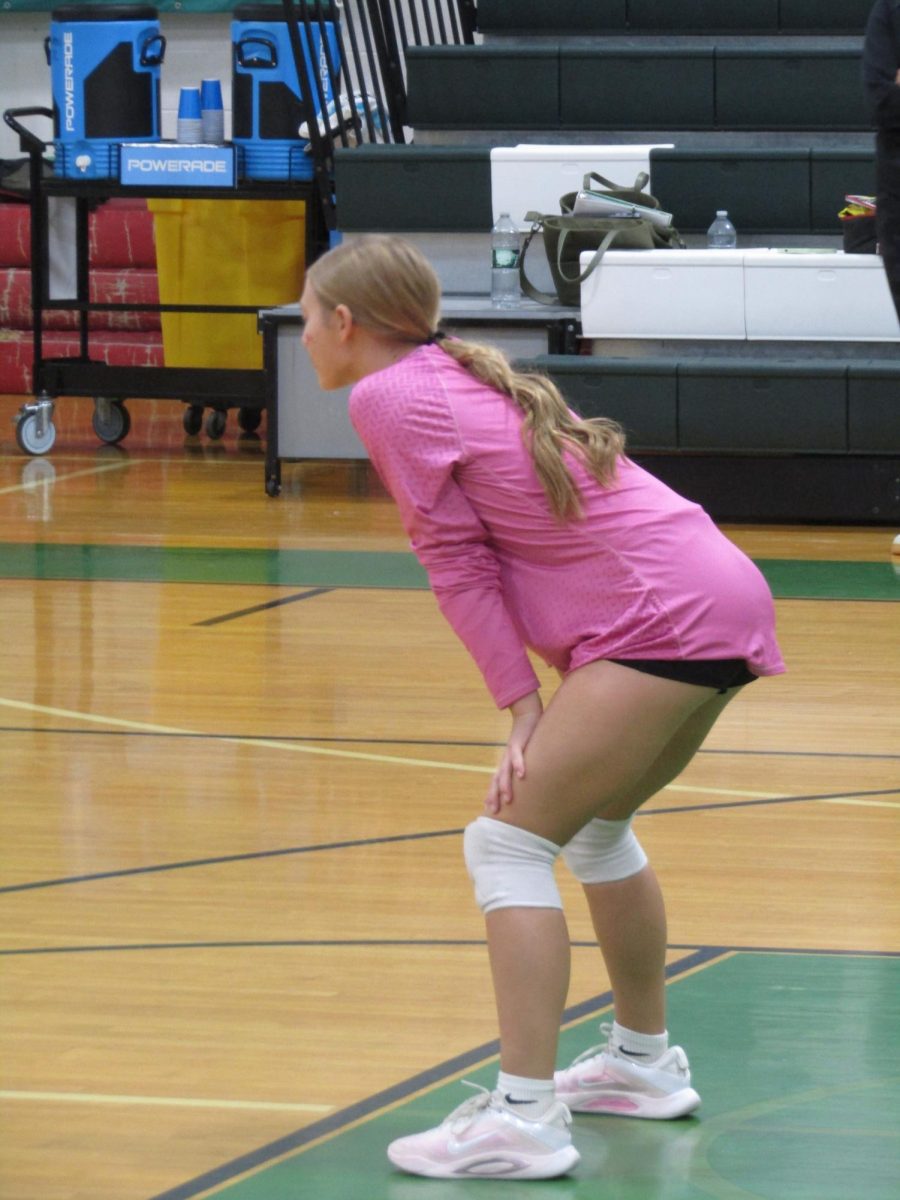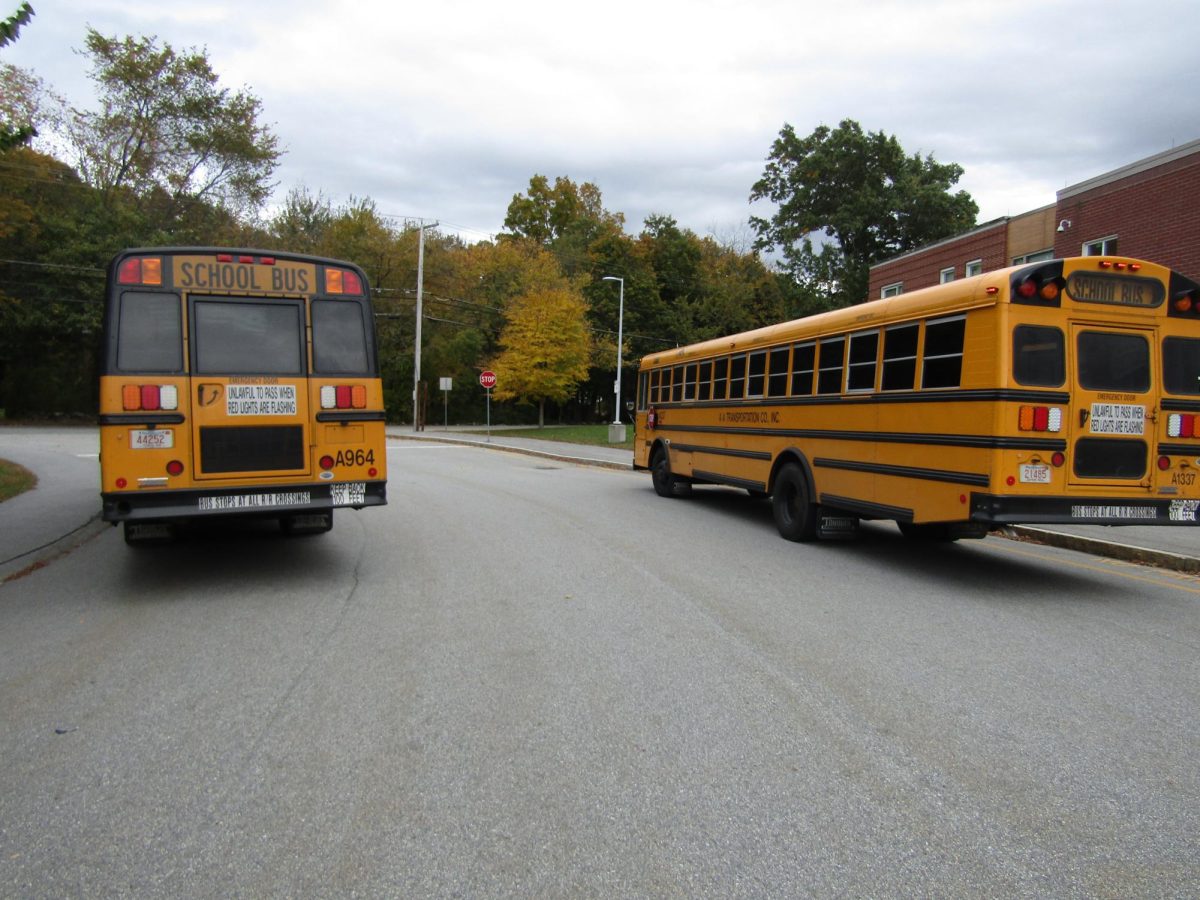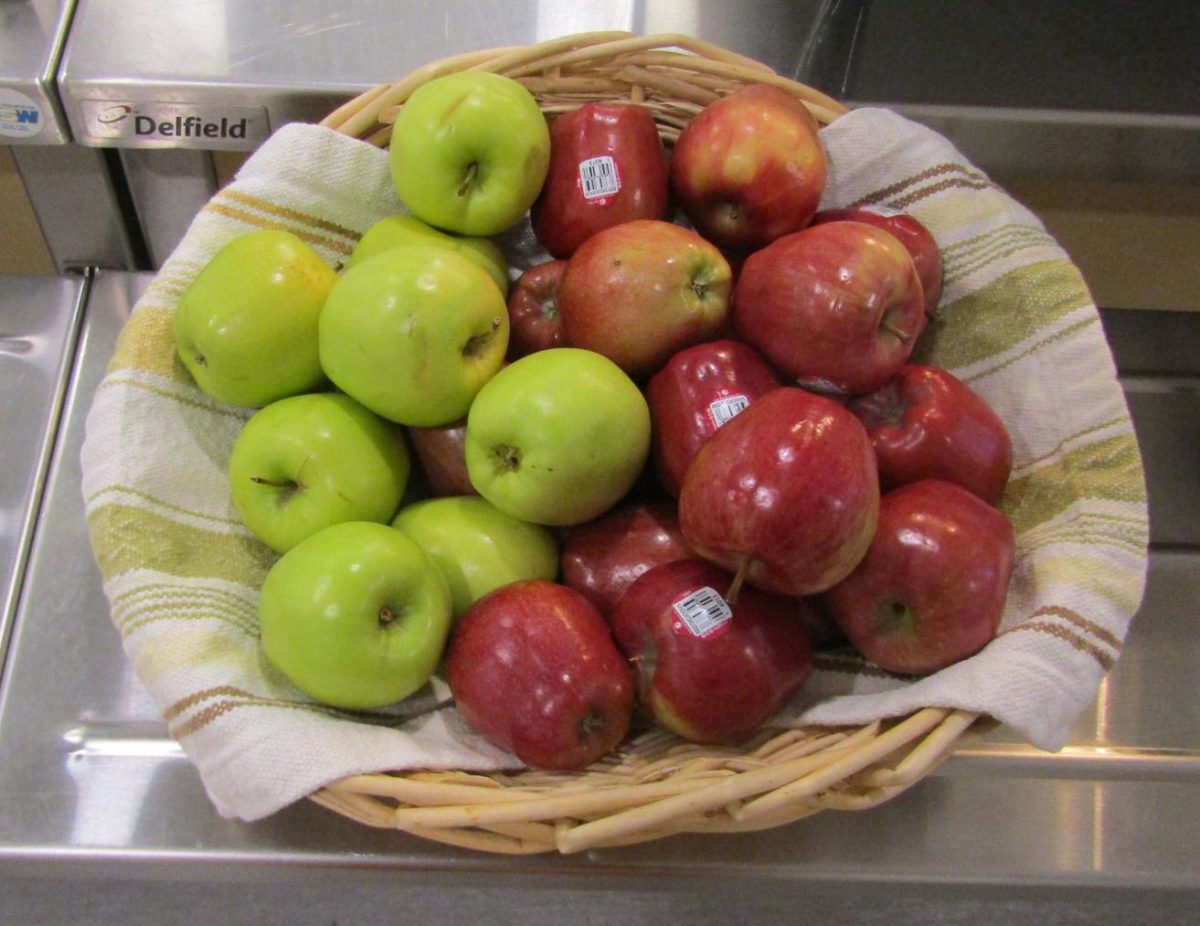Dear America: Don’t Disregard Omicron
With Omicron spreading at an extremely rapid pace, what can be done to reduce it’s impact?
February 4, 2022
Dear America, Omicron is still spreading at a concerning rate.
The Omicron variant is one of many COVID-19 variants that have developed throughout the pandemic. The first COVID-19 case caused by the Omicron variant was back in November 2021. The individual who contracted the disease was a traveler who returned from South Africa on November 22, 2021. The individual had mild symptoms and had been consistently testing positive for COVID. Genomic sequencing was conducted at the University of California, San Francisco and the sequence confirmed it was consistent with the Omicron variant. On November 26, 2021, the World Health Organization classified the new variant as a Variant of Concern. This begs the question, what do we know about the Omicron variant, and what can be done to reduce its impact?
Soon after the variant was first detected in South Africa, it became apparent that Omicron was highly transmissible. By late December, it became the predominant strain in the U.S. This new variant has caused an alarming spike in COVID-19 cases in America. The emergence of the Omicron variant further emphasizes the importance of vaccinations, boosters, and general prevention strategies to protect from COVID-19 like wearing masks. Experts say getting vaccinated is the best way to prevent new variants since it decreases the opportunity for the virus to spread and mutate. The CDC is also urging everyone to get the booster shot which helps train your immune system to protect against the disease. However, even with vaccinations and boosters available, the Omicron variant continues to spread like wildfire and our health is not the only concern.
The rapid spread of COVID-19’s Omicron variant is hurting U.S businesses, keeping millions of workers homesick and leading some companies to cut services and reduce hours. This variant is hitting businesses at a time when consumers’ demand for products and services has increased. Airlines have recently canceled thousands of flights and airlines including Delta Air Lines Inc., JetBlue Airways Corp., and United Airlines Holdings Inc. said rising COVID-19 infections among crew members hindered their ability to staff flights. Another business that’s being greatly impacted by Omicron is supermarkets.
Supermarket operators said that they anticipate the Omicron variants’ spread will drive increased absences among cashiers, stockers, and other employees, deepening the staff problems supermarkets have faced for some time. In Williamsville, New York, Tops Market said it is relying on overtime and asking available employees to cover additional shifts across the company’s 162 grocery stores to keep the business afloat. The company also stated it is training new employees across multiple departments as it monitors a significant increase in COVID-19 cases among workers. With businesses like these facing challenges, what can be done to decrease the impact of this new variant?
From what we have seen so far, it has been determined that Omicron spreads faster than any variant of COVID-19. Even if the Omicron variant causes less severe disease than its predecessors, the sheer number of cases could overwhelm health systems. On top of that data suggests that vaccines have reduced effectiveness against the Omicron variant. Therefore, health care capacity including ICU beds, oxygen availability, adequate health care staff, and surge capacity needs to be looked at and strengthened. And when it comes to everyday citizens, we must go back to the basics. Get vaccinated, wear a mask, keep your distance, wash your hands with soap and hot water, and cough and sneeze safely. Studies are underway to better understand vaccine effectiveness on Omicron but until then, protect yourself and protect others.





































